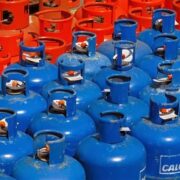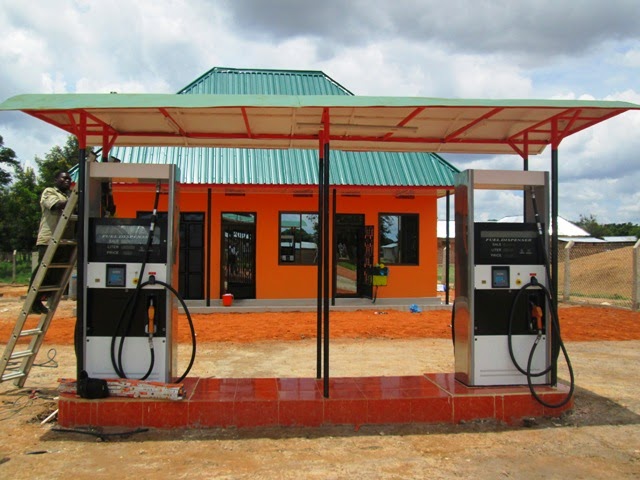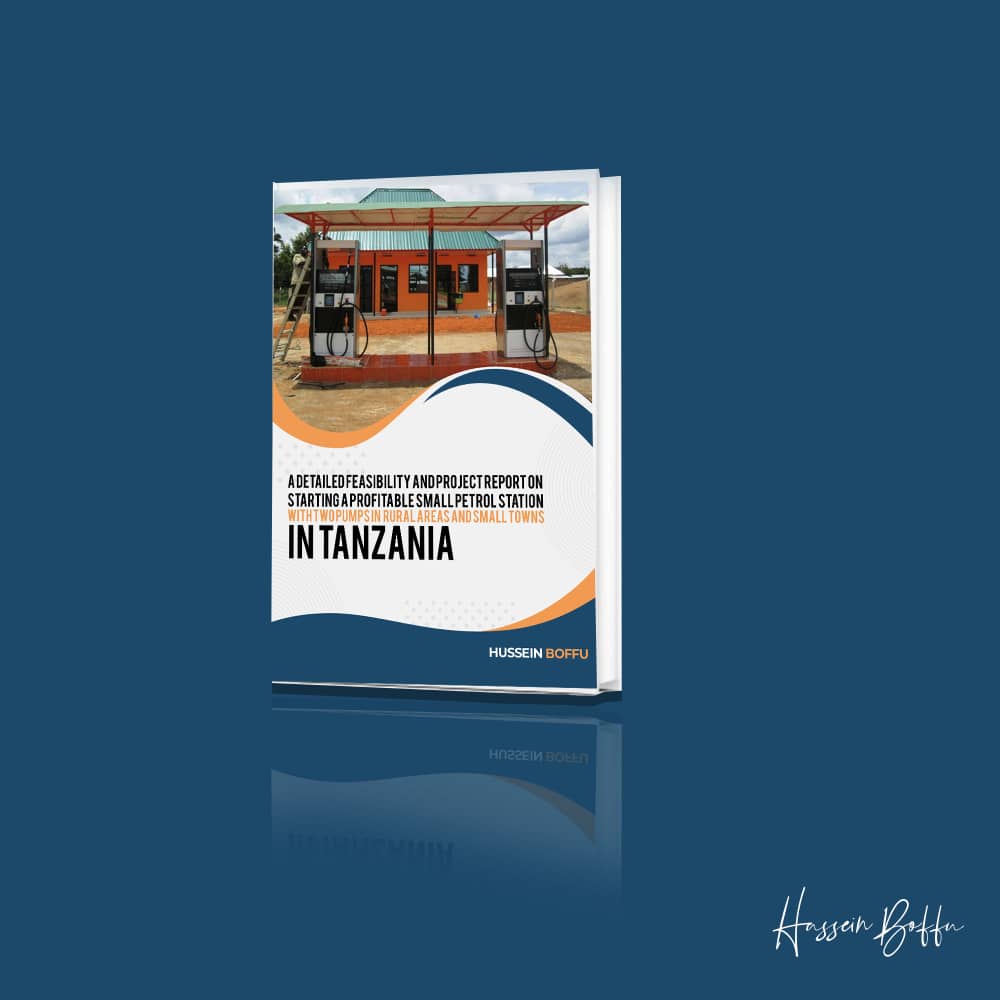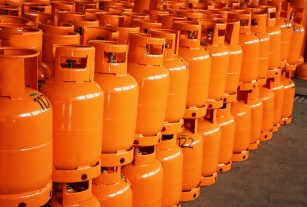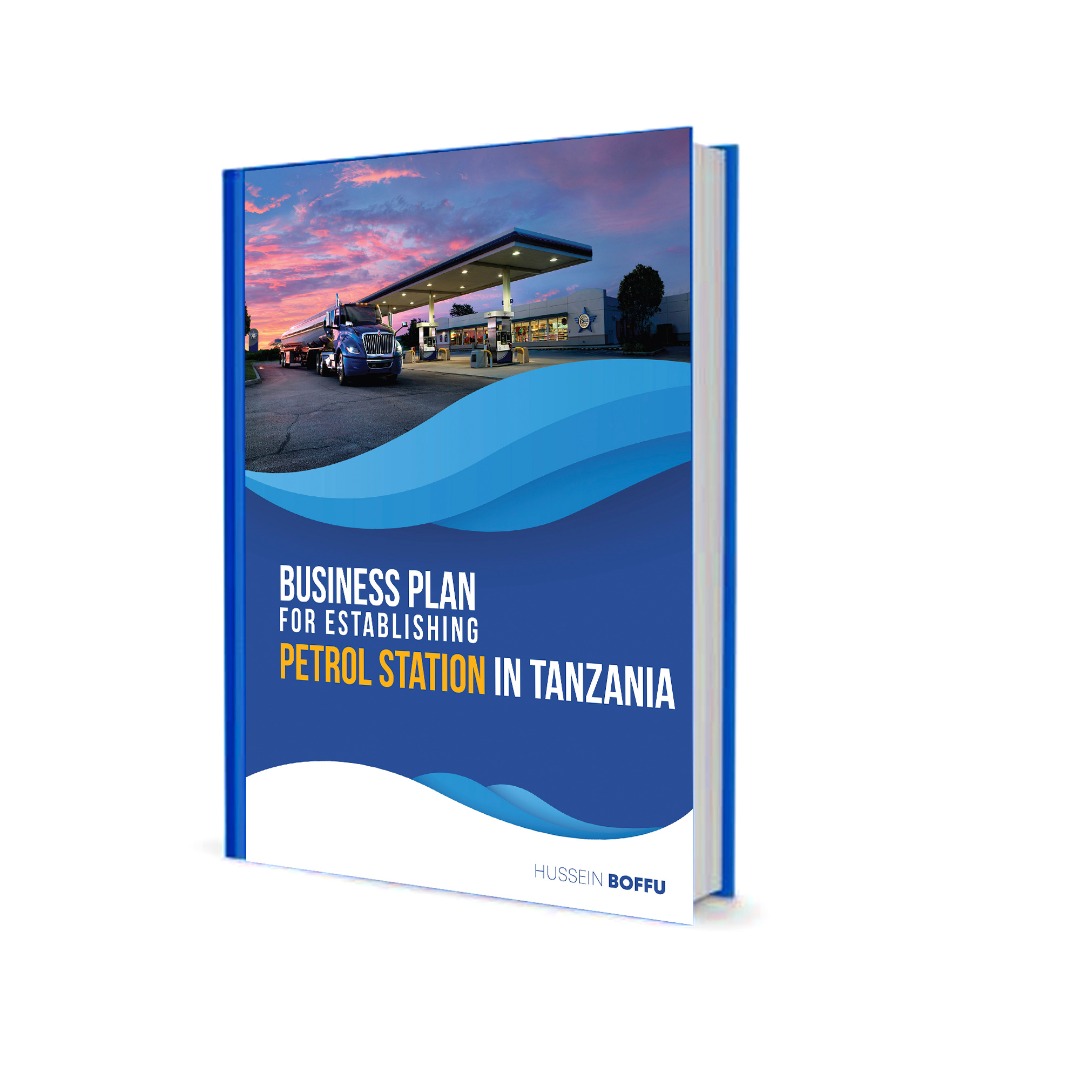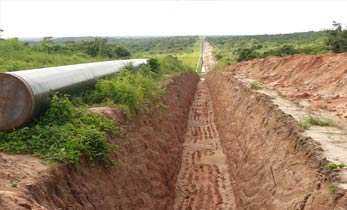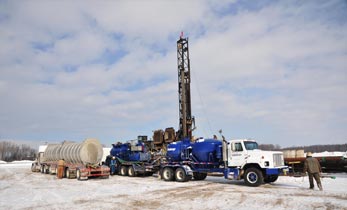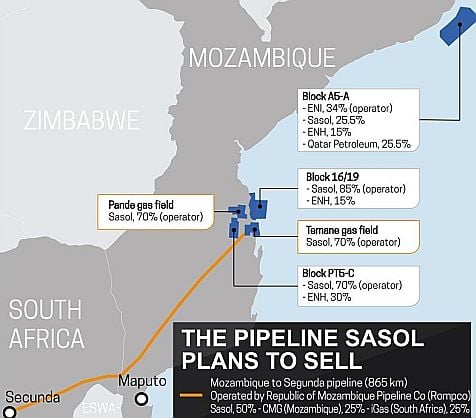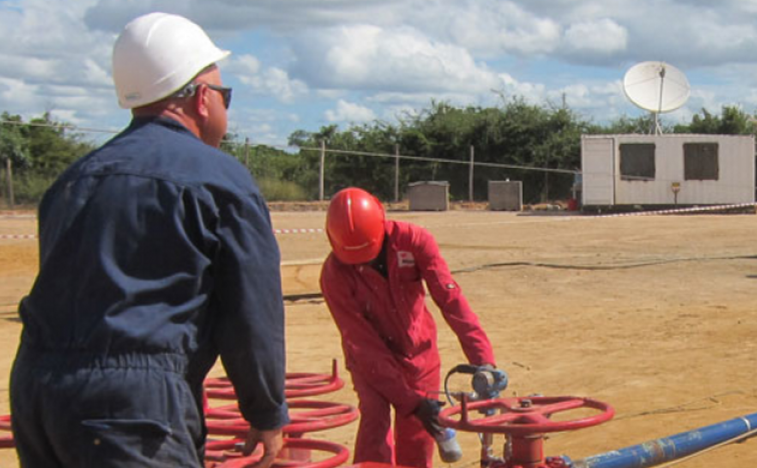A Sample Business Plan for Establishing High Performance Oil and Gas Exploration and Production Companies in Tanzania and East Africa
This sample oil and gas exploration and production business plan can be used for grant applications, bank loans, proposal writing, business concept notes and as a roadmap to achieve your business objectives.
Also, you crucially need the guidance of a specialist petroleum industry consultant in Tanzania, such as Hussein Boffu, to help you in implementing this business plan.
Executive Summary
In recent years, due to economic recovery, Tanzania has registered significant growth in the demand for gas. Moreover, increased gas-to-power initiatives, increased industrialization and continued economic activities in the region require growth in gas-delivered volume for supporting economic expansion. Glass supply is so inadequate that current small gas-producing fields can’t cover the growth demand for all power consumers and industrial users. Moreover, the approach used to meet the increased gas demand elsewhere in the world is to encourage and attracting exploration and production companies through bidding around.
Rich Energy Exploration and Production Tanzania Limited is positioned to capitalize on these growing opportunities, that the Tanzanian oil and gas market hold, by playing vital roles in developing a new source of gas supply to ensure the availability of enough gas for power generation, industrial and households use.
The founding team has over 60 years’ experience in aspects of the energy industry including engineering, managerial, researching and marketing. The company will be established on 29th October 2020 to explore, develop and produce natural gas for industrial users and power stations in Tanzania.
Rich Energy Exploration and Production Tanzania Limited expects that approximately 40.4 billion in gas sales will be created annually.
Our vision
To facilitate industrial and commercial development, job creation, and economic growth through development of indigenous natural gas sector.
The mission
Our mission is to be the top performer in our industry in order to enhance the value of our shareholders. We will utilize the team work of our people and appropriate technology to provide our customers with high-quality products competitive in price.
Objectives
- To provide competitive total shareholders’ return in top 25 percent in the industry.
- Maintain our financial flexibility and consistently fund our capital program.
- Achieve and maintain the highest standards of safety, ethics, total quality and environmental performance in all operations.
- Improve competitive performance through a more effective utilization of technology.
- Build employee commitment and loyalty through communication and creation of opportunities.
- Satisfy customer requirement through continuous quality improvement.
- Operate our business in efficient, low cost, high quality manner, maintaining high standards of ethics, safety and environment compliance.
Key to Success
- Add commercial reserves by drilling at low cost reserves relative to competition.
- Produce oil and gas resources at high margin relative to the competition.
- Add commercial reserves by acquiring assets at low cost relative to the competition.
The Management
Chief Executive Officer: Adam Smith has over 30 years’ experience with specialized technical, operational and managerial abilities focused on critical aspect of the energy sector industry including engineering, operating, research and marketing abilities having worked at the managing director level with Shell, Equinor etc.
Financial Engineer: Chriss Mkema Innocent is a financial engineer with deep operating experience, great negotiation skills and a knack for numbers and deal-making.
Operation Manager: Abdallah Igengu is a reservoir and petroleum engineer with 32 years’ experience in the upstream oil and gas industry in different countries. He has a Bachelor of Science in Petroleum Engineering and an MBA from Madonna University, USA.
Legal Advisor: Anganile Anyeliswe.
Petroleum Consultant: Hussein Boffu
Board of Directors: Rich Energy Exploration and Production Tanzania Limited is controlled through its Board of Directors. The board will consist four members and comprises non-executive directors. The Board’s main roles are to create value for shareholders, to provide entrepreneurial leadership to the Group, to approve the Group’s strategic objectives and to ensure that the necessary financial and other resources are made available to enable the Group to meet its objectives.
Products and Services
Rich Energy Exploration and Production Tanzania Limited will be selling natural gas to industrial customers such as factories, hotels and power generation customers such power stations and government agencies including state-owned utility company, TANESCO, and state-owned national oil company, Tanzania Petroleum Development Corporation (TPDC).
Market Analysis
Tanzania is arguably the most exciting oil exploration region in the world. But it still is the most untapped region. As at the time of this writing, exploration activities confirmed reserves of 57.54 trillion cubic feet of natural gas in Tanzania, and more than 441 trillion cubic feet of natural gas are still trapped underground, solely in the coastal region, according to the US Geological Survey. So, discoveries might be forthcoming. This is why giants like Royal Dutch Shell, Equinor, Total and Pavilion Energy are buzzing around Tanzania like bees do to honey. The big boys won’t lift a finger if there’s no chance big profits could be made. Furthermore, with continued economic growth in Tanzania will come an increased gas demand. These signs indicate that the future for the oil and gas exploration activity is really bright.
Trends
There has been a change in the dynamic of oil and gas exploration and development in Tanzania, driven by the 2014-2016 oil price slump which reflects the global oil and gas industry downturn. The region has also seen takeovers and mergers amongst operating companies. Most noticeable of these were that Royal Dutch Shell acquired BG Group for US $50 million (the takeover gave Shell 60% of BG’s block 1 and block 4 offshore Tanzania in February 2016) and the Indonesian company, Medco Energi’s $539m acquisition of Ophir Energy in May 2019.
Competition
There have been significant onshore and offshore discoveries of gas in the last ten years and it is expected that the development of these discoveries will increase competition in the future.
Pan African Energy Tanzania (PAET), a subsidiary of Orca Exploration Group Inc. (“Orca”), operator of the Songo Songo gas field located in the southern part of Tanzania, has been producing gas in Tanzania since 2004.
Mnazi Bay field started producing gas in 2015 operated by Pertamina-owned Maurel & Prom partnered with Alberta-based Wentworth Resources and the state-owned oil company Tanzania Petroleum Development Corporation have a stake in the field.
Get the Complete Business Plan
Make a payment of US $200 through Tgo pesa, M-pesa to any of these numbers
- +255768183677
- +255655376543
Once your payment is done, send an SMS to +255768183677or +255655376543 with the following details:
- Your full name.
- Your email address.
Alternatively, send an email with the above details to info@tanzaniapetroleum.com The moment we receive your email or SMS, and we confirm your payment, the eBook will be delivered to your email address (in PDF format) within ten minutes. You can then download it and read it on your Smartphone or computer.
If you’re not in Tanzania, send an email to info@tanzaniapetroleum.com and we will devise a payment option for you.


